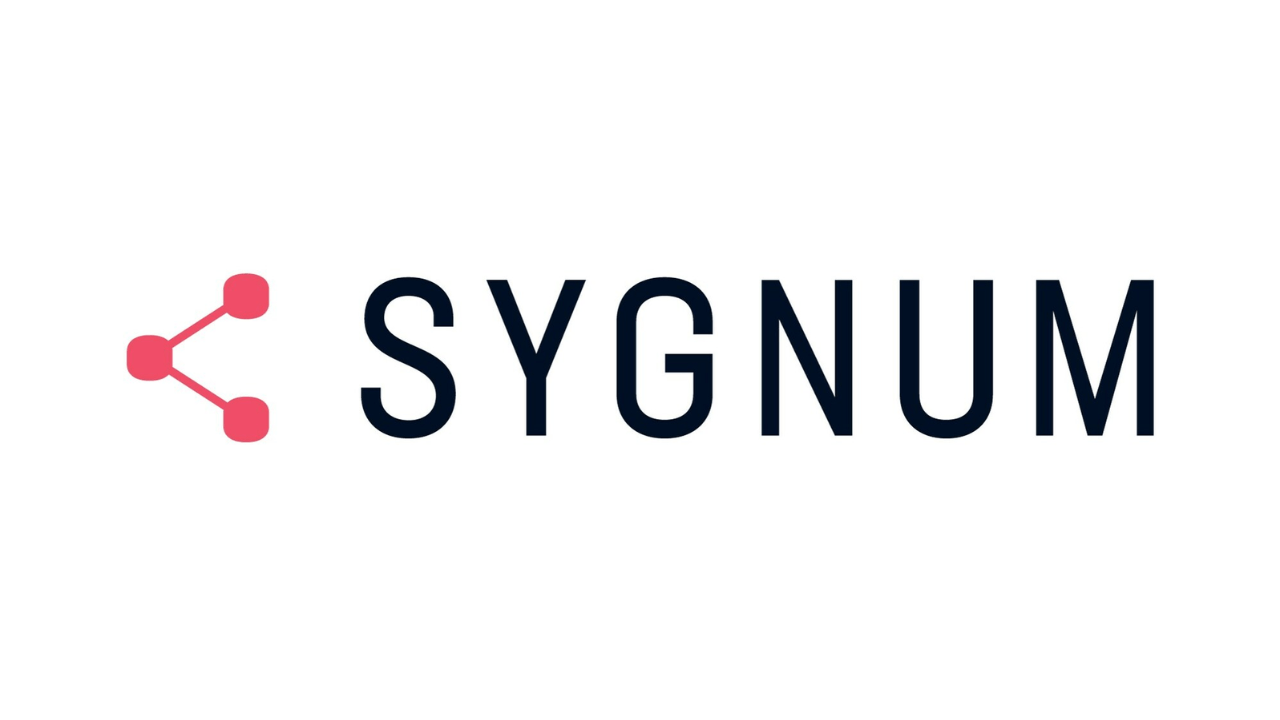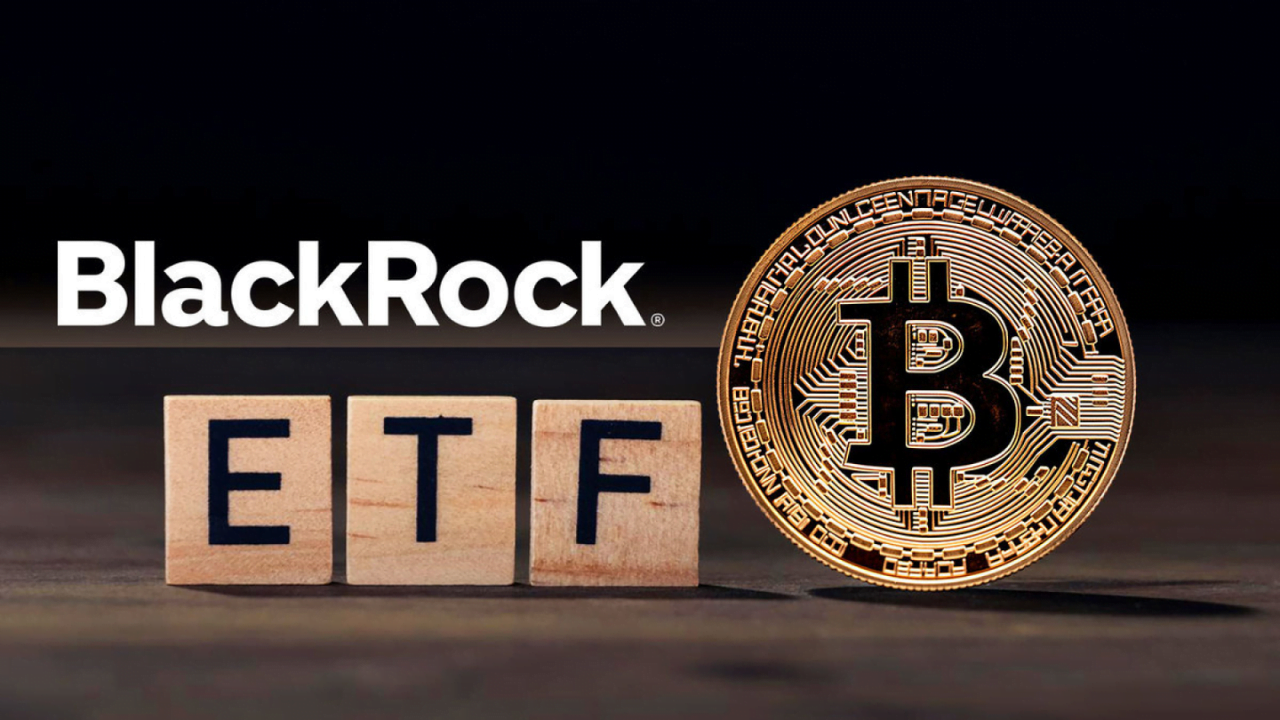As inflation soars, the cost of living has continued to skyrocket, sending shockwaves throughout Europe. Deals in Europe’s retail and consumer products industry have taken a significant hit, more than any other sector.
Rising inflation around the world has impacted how people shop. Many families today opt for cheaper private label products instead of products from popular brands like Nestle, Unilever, and Procter and Gamble, which are super popular in this region.
With increasing uncertainty around European consumer goods and retail industries and the looming recession, corporate buyers and sellers are finding it incredibly challenging to agree on valuations. According to Gaurav Gooptu, a managing director in the BNP Paribas banking investment team, “we’re seeing down trading within the retail aisles as people are not buying branded products anymore. They’re buying private labels.” He also explained that if there’s a demand-side slowdown and ultimately a recession, that will impact the top and bottom line at consumer packaged goods companies, ultimately affecting the valuations.
Meanwhile, the amount spent on acquisition within the European consumer and retail industry has dwindled by nearly 38% to $45 billion in the first half of this year. This is a poor performance compared to the same period last year. That said, deals across all sectors are down nearly 4% to $601 billion.
Is there a cause for alarm?
Speaking on the current consumer market in Europe, Robert Plowman, co-head of Citi’s EMEA Consumer Products Investment Banking team, said, “M&A has slowed this year. Larger strategic deals that have been a long-time germinating have been happening, but some mid-cap deals, particularly private equity-driven, have hit the roadblocks.”
According to the Refinitive figures, European consumer and retail deals have slumped by 24% to 1,074. Similarly, the number of deals across all sectors has dipped by 12% to 10,425.
And just to give some more pointers, global deal-making across the eurozone is entering an arid season. Many analysts have attributed this to rising inflation and stock market rout, which has prevented many corporate boards from expanding through acquisitions.








